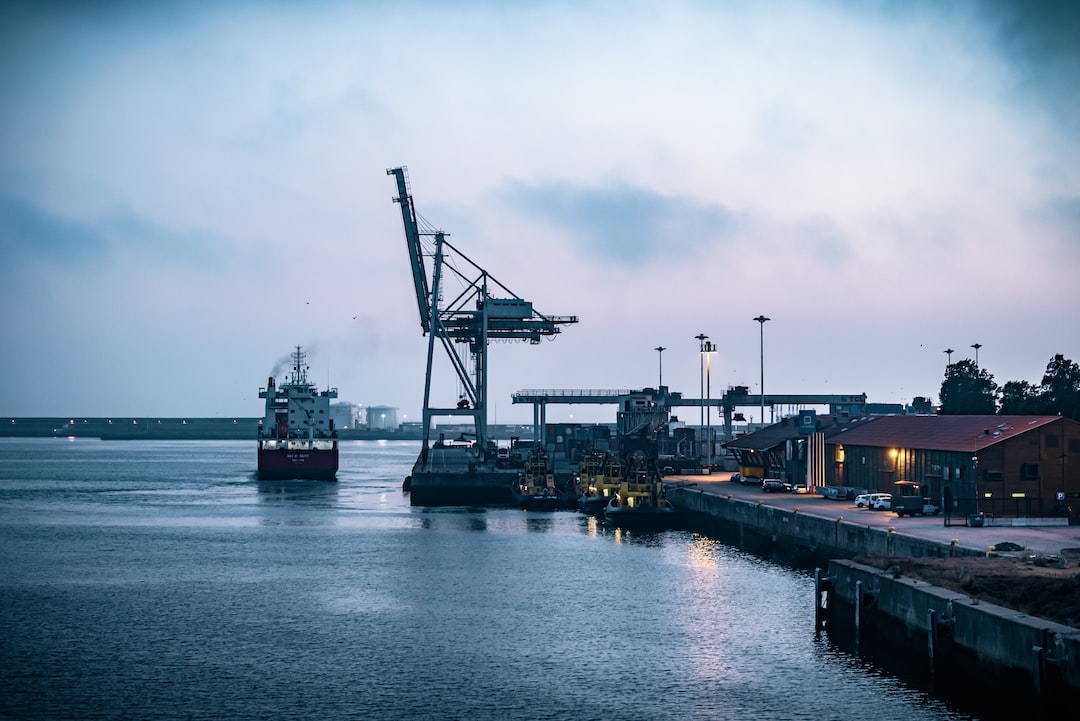Navigating Challenges: Brexit’s Effect on UK Freight Forwarding Industry
Brexit has undoubtedly been one of the most impactful events in recent history, causing significant changes and challenges across various sectors. One industry that has felt the effects of Brexit is the UK freight forwarding industry, specifically at one of the country’s busiest airports, Heathrow. With the new trading regulations and customs procedures put in place after the UK’s departure from the European Union, freight forwarders at Heathrow are facing an array of challenges.
Freight forwarders at Heathrow play a critical role in the movement of goods and cargo between the UK and the rest of the world. They act as intermediaries between exporters, importers, and transportation providers, ensuring that goods are smoothly transported from one location to another. However, since Brexit, this process has become more complex, requiring freight forwarders to adapt quickly to the changing landscape.
The keyword “Freight forwarders Heathrow” is particularly relevant in this context as Heathrow airport serves as a major hub for international trade in the UK. Freight forwarders operating in and around Heathrow have a unique set of challenges to overcome. One of the most immediate effects of Brexit on these forwarders is the increase in customs paperwork and documentation. Previously, goods moved freely within the EU, but now, with the introduction of new customs regulations, each shipment requires thorough checks and paperwork to ensure compliance. This has created additional administrative burdens for freight forwarders, leading to delays and increased costs.
Another challenge that freight forwarders at Heathrow face is the uncertainty surrounding trade agreements with the EU and other countries. The UK is currently negotiating new trade deals, and the outcome of these negotiations will have a substantial impact on the freight forwarding industry. If trade agreements are not favorable or are not reached in a timely manner, it can disrupt the flow of goods and create further delays and complications for freight forwarders and their clients.
Furthermore, the logistics industry as a whole is experiencing disruptions due to the shortage of workers, including truck drivers and warehouse staff. This shortage, combined with additional paperwork and customs checks, has resulted in severe delays in the movement of goods. Freight forwarders at Heathrow are navigating through this crisis by implementing innovative solutions, such as utilizing technology to streamline processes, collaborating with other stakeholders, and seeking alternative transport routes.
Although Brexit has presented numerous challenges for the UK freight forwarding industry, it has also opened up new opportunities. Some forwarders at Heathrow have expanded their services to include customs advisory and Brexit consultancy, helping businesses navigate through the complexities of the post-Brexit trading landscape. Additionally, there has been a push for digitization and automation within the industry, with freight forwarders adopting digital platforms to enhance efficiency and mitigate disruptions.
In conclusion, the UK freight forwarding industry, particularly at Heathrow, has faced significant challenges since Brexit. Freight forwarders have had to adapt quickly to new customs procedures, manage the uncertainties surrounding trade agreements, and navigate through workforce shortages. However, amidst these challenges, there have been opportunities for growth and innovation. The keyword “freight forwarders Heathrow” encapsulates the unique situation and experiences of these forwarders as they continue to navigate the ever-changing landscape of international trade.
——————-
Article posted by:
AFS LIVE
https://www.associatedfreight.co.uk/
